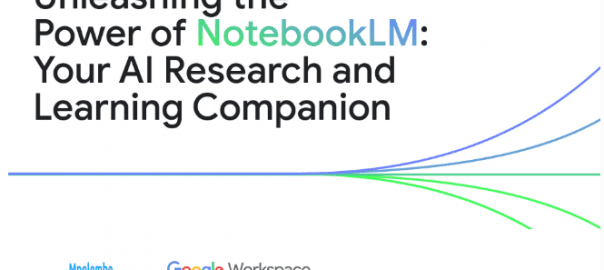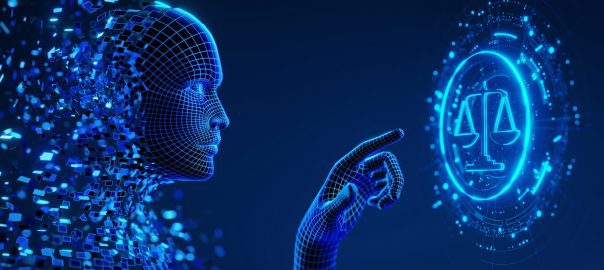This source, presented as a press release, focuses on Celestine Achi, described as a pioneer in AI communications in Africa. It highlights his work in reshaping Public Relations (PR) strategy through various educational tools and frameworks. The text details his initiatives, including a book titled “AI-Powered PR”, an interactive game, and the AI-PR Maturity Model™, all designed to equip professionals with the skills needed for an AI-driven media landscape. The article also introduces the TABS-D™ framework, a practical methodology for implementing AI in PR, and references a goal to train 100,000 African communicators in AI literacy by 2030. Ultimately, the source portrays Achi as a key figure driving African leadership in the application of AI within the communications sector. Continue reading
Tag Archives: Artificial intelligence
Stagnation in Mobile Internet Gender Gap Closing
May 14, 2025 /Mpelembe Media/ — According to a GSMA report, progress in closing the mobile internet gender gap in Low and Middle Income Countries (LMICs) has stalled. The data indicates that women are significantly less likely than men to use mobile internet, with a large number remaining unconnected, particularly in South Asia and Sub-Saharan Africa. Continue reading
AI can guess racial categories from heart scans – what it means and why it matters
Tiarna Lee, King’s College London
Imagine an AI model that can use a heart scan to guess what racial category you’re likely to be put in – even when it hasn’t been told what race is, or what to look for. It sounds like science fiction, but it’s real.
REPLY: The jury for the second edition of the Reply AI Film Festival is announced, which will celebrate the best AI-generated short films
Reply, an international group specialized in the development of new business models enabled by Artificial Intelligence and long committed to the exploration of emerging technologies and supporting the growth of new talent, announces the jury for the second edition of the Reply AI Film Festival. Continue reading
Unleashing the Power of NotebookLM
May 8, 2025 /Mpelembe Media/ — This ebook, created in partnership with Google Cloud, introduces and explains NotebookLM, an AI research and learning assistant developed by Google. It highlights NotebookLM’s capabilities in analysing user-provided sources like documents, videos, and web pages to provide accurate, contextually relevant answers and precise citations. Continue reading
PyTorch Foundation Expands to Umbrella Foundation and Welcomes vLLM and DeepSpeed Projects
The PyTorch Foundation, a community-driven hub for open source AI, today announced its expansion into an umbrella foundation. As part of this milestone, two leading open source AI projects—vLLM and DeepSpeed—have been accepted into the foundation by the Technical Advisory Council. Continue reading
BizClik Media Launches May Editions of Technology Magazine and AI Magazine
BizClik, the UK’s fastest-growing B2B digital media company, has published the May 2025 editions of Technology Magazine and AI Magazine. These titles continue to showcase industry-defining perspectives on enterprise transformation, spotlighting leaders and companies shaping the future of technology, cloud, telecoms and AI. Continue reading
Global AI APIs Market Outlook to 2030
This report presents an analysis of the **AI APIs Market**, forecasting significant growth, driven by a **21.7% Compound Annual Growth Rate** between 2024 and 2030, leading to a **USD 13910 Million valuation** by 2030 from USD 3365 Million in 2023. Continue reading
People trust legal advice generated by ChatGPT more than a lawyer – new study
Eike Schneiders, University of Southampton; Joshua Krook, University of Southampton, and Tina Seabrooke, University of Southampton
People who aren’t legal experts are more willing to rely on legal advice provided by ChatGPT than by real lawyers – at least, when they don’t know which of the two provided the advice. Continue reading
AI-Assisted Nursing: A New Research Project
Jan. 23, 2025 /Mpelembe Media/ — A Finnish research project, part of the European ITEA PROFIT initiative, explores using artificial intelligence to alleviate the workload of nurses. The project aims to develop AI tools for tasks like patient registration and information review, freeing up nurses for direct patient care. Continue reading










